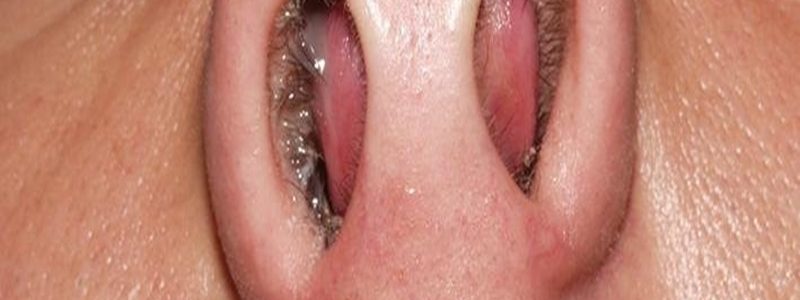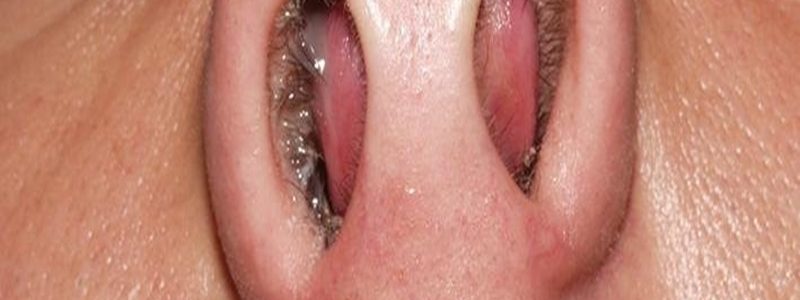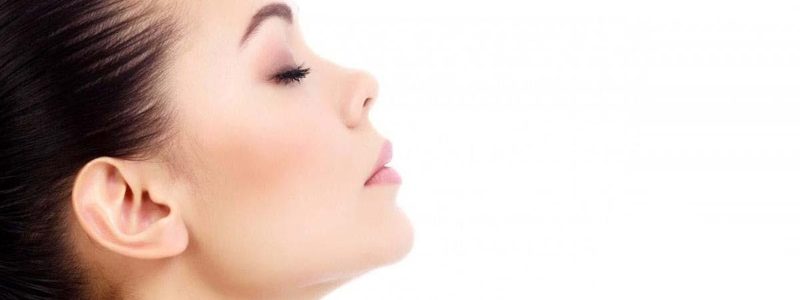The difference between nasal obstruction and nasal congestion is the degree and duration.
Nasal obstruction means difficulty breathing through the nose, which can be chronic or temporary. A stuffy nose is usually a temporary, milder condition that can be caused by a variety of factors, such as a cold, allergies, or dry air.. In this article from the site of Dr. Behnam Khorrami (Isfahan nose surgeon _ Jaw surgeon of Isfahan), the difference between Nasal obstruction And Nasal congestion We will check.
Diagnosis and treatment:
Nasal obstruction: For an accurate diagnosis of nasal obstruction, an examination by an ear, nose and throat specialist is required (ENT) you have. Various factors can cause nasal obstruction, including:: Deviation of the nasal septum, nasal polyps, allergies, sinus infections, and some chronic diseases. Treatment for nasal obstruction depends on the cause and can include medications, surgery, or complementary therapies.
Nasal congestion: Nasal congestion is usually accompanied by milder symptoms such as burning, itching, or runny nose. Its common reasons are:: Colds, allergies, dry air, and some medications. For nasal congestion, simple methods such as nasal drops, nasal irrigation with salt water, and humidifiers can be used.. If symptoms persist or worsen, be sure to consult a doctor.
The effect of stress and anxiety on nasal obstruction:
Stress and anxiety can affect the immune system and increase the risk of respiratory problems, including nasal congestion.. Stress can cause the muscles in the nose to contract and reduce blood flow to the area, which can exacerbate nasal congestion.. Also, stress can worsen allergy symptoms and sensitivities, which in turn can cause nasal congestion.
Stress management methods:
- Breathing exercises: Breathing exercises such as deep breathing and yoga can help with relaxation and stress management.
- regular exercise: Regular exercise can help reduce stress and anxiety.
- Healthy diet: A healthy and balanced diet can help regulate mood and reduce stress.
- Adequate rest: Adequate sleep and regular rest are essential to reduce stress and improve the overall health of the body.
- Meditation and yoga: These methods can help reduce anxiety and stress.
- Consulting: Counseling can help identify and manage the roots of stress.
important: This information is provided for educational purposes only and is not a substitute for medical advice. If you have a blocked or stuffy nose, be sure to consult a doctor.
Useful links:
Isfahan nose surgeon _ Jaw surgeon of Isfahan
Dr. Behnam Khorrami's page in the clinic 24 | Maxillofacial surgeon in Isfahan clinic 24 | Nose surgeon in Isfahan clinic 24
Dr. Behnam Khorrami, nose surgeon in Isfahan at Dr. Af | Maxillofacial surgeon in Isfahan at Dr. Af | Isfahan nose surgeon at Dr. Af

















